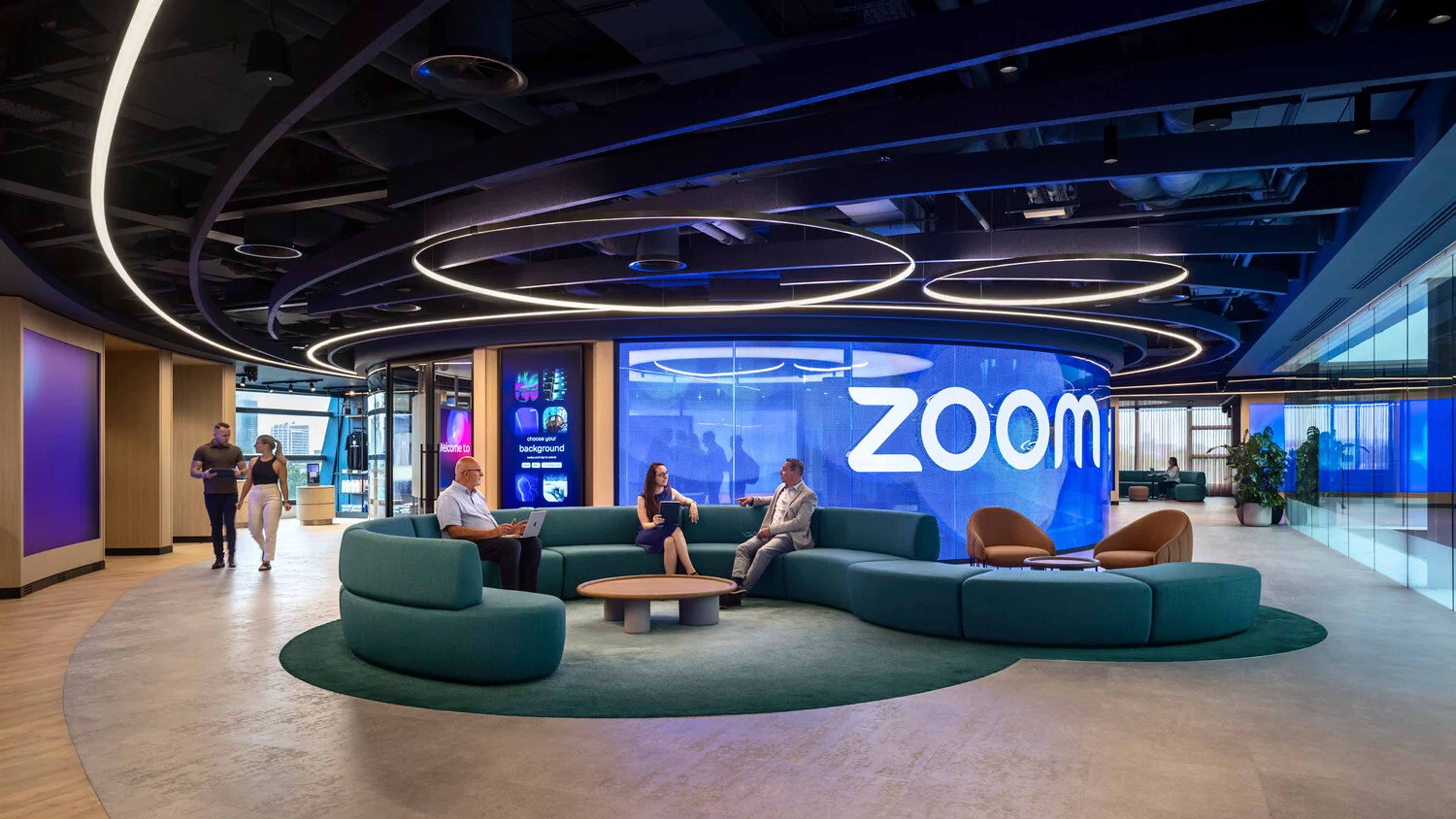Future of Workplace Design: Placemaking for a GenBlend Workforce

In today’s rapidly evolving work environment, organizations are rethinking how workplaces should be designed to cater to a diverse, multi-generational workforce. Abi Roni Mattom, Country Director of Unispace India and a thought leader in corporate real estate and workplace design, explores this critical transformation in his latest book, Future of Workplace Design: Placemaking for a GenBlend Workforce.

Designing for a Multi-Generational Workforce
One of Mattom’s key insights is the necessity of designing workplaces that accommodate the needs of multiple generations. The workforce today consists of Baby Boomers, Gen X, Millennials, and the rising Gen Z, each with distinct expectations and work styles. Gen Z, for example, values flexibility, personal fulfillment, and technological integration, while older generations may prioritize stability and structured work environments. Mattom highlights the importance of striking a balance to ensure workplaces remain inclusive and effective for all employees.

Fostering Inclusivity and Innovation
Mattom emphasizes that workplaces should be more than just functional spaces; they must foster inclusivity, collaboration, and innovation. Companies that prioritize inclusive environments not only enhance employee engagement but also boost retention and productivity. By designing spaces that encourage both competition and teamwork, businesses can cultivate a culture that drives creativity and performance.
Future-Proofing the Workplace
With constant technological advancements and shifting workforce expectations, future-proofing workplace design is essential. Mattom outlines core principles for future-ready workplaces, including:
- Embracing Digital Transformation – Integrating AI, smart technologies, and seamless digital tools to enhance efficiency.
- Sustainability & Social Responsibility – Creating workspaces that align with environmental and societal goals.
- Human-Centric Design – Prioritizing employee well-being through ergonomic workspaces, mental health support, and wellness initiatives.
Real-World Applications & Case Studies
To support his insights, Mattom presents case studies from leading organizations such as Hewlett-Packard and TiVo, showcasing how innovative companies are successfully adapting to evolving workplace demands. These examples provide valuable lessons on how to implement forward-thinking strategies in corporate spaces.
A Must-Read for Workplace Strategists
Abi Roni Mattom’s book, Future of Workplace Design: Placemaking for a GenBlend Workforce, is a vital resource for corporate real estate professionals, architects, HR leaders, and anyone involved in shaping the future of work. By understanding the diverse needs of today’s workforce and implementing strategic design principles, organizations can create spaces that not only enhance productivity but also foster a sense of belonging and innovation.
As we navigate the next era of work, Mattom’s insights serve as a guiding light for companies aiming to build workplaces that are adaptive, inclusive, and future-ready. To dive deeper into these transformative ideas, grab a copy of his book today!

About Abi Roni Mattom, Country Director, India

Abi Roni Mattom has over 20 years of experience in design, construction, and project management.
Abi joined Unispace in 2020 as Country Director for India to oversee business strategies, client solutions and operations. He is one of the leadership team members in Asia.
Abi has a Bachelor Degree in Civil Engineering from Visvesvaraya Technological University and a Master of Business Administration from Indira Gandhi National Open University. Also, he is a member of the Royal Institute of Chartered Surveyors
Follow Abi Roni Mattom on LinkedIn.





